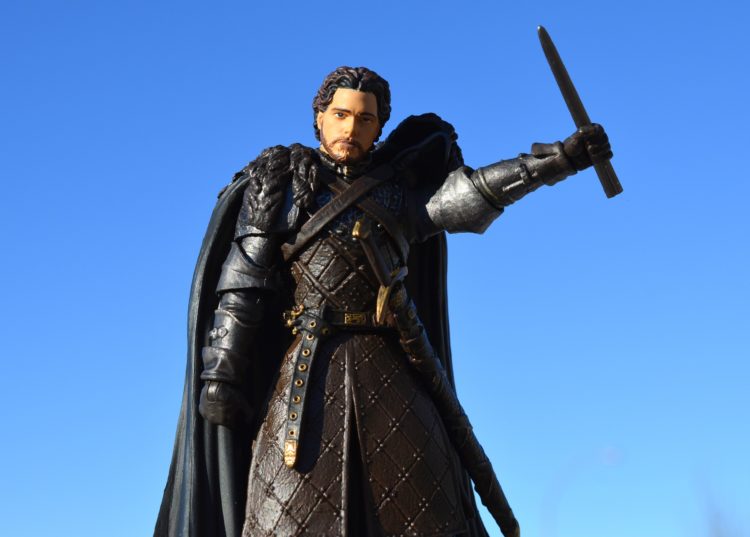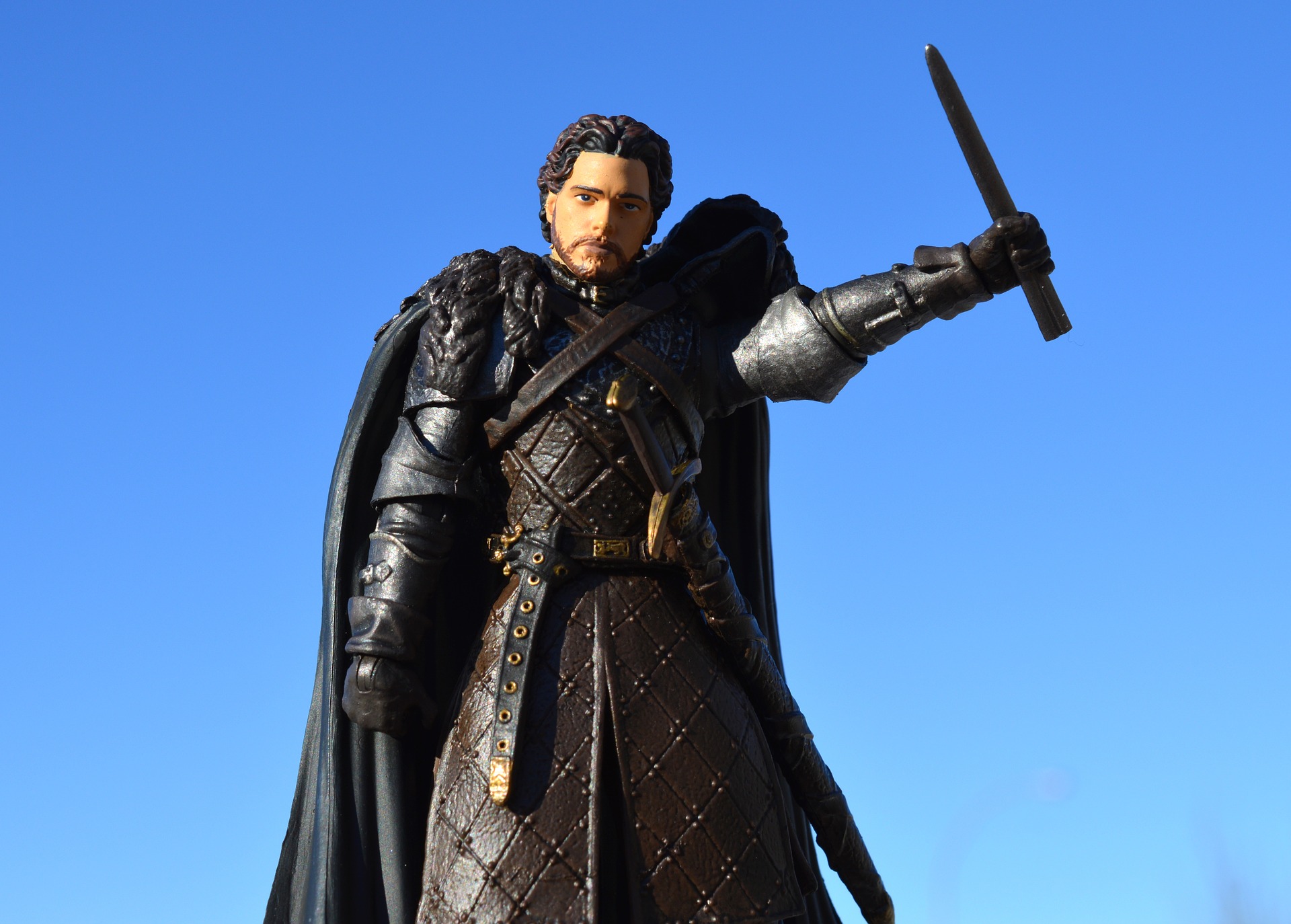Taking management tips from warriors and generals is nothing new, as anyone who’s had the ‘pleasure’ of listening to a corporate boss who’s read The Art of War will attest. Of course, it can be more fun to do this with stories everybody’s talking about than with archaic texts!
While the people fighting for the Iron Throne in Game of Thrones are fictional and in a quasi-Medieval fantasy world, by analyzing how they approach things we see a distinct leadership style for each of them that we’ve tried to translate to modern business.
Taking the leaders involved in the ‘war of five kings’, let’s see what would happen if Daenerys was actually ‘Mother of Spreadsheets’, and Robb Stark was at a budget meeting and had had to miss the red wedding.
Stannis Baratheon – Old School
Cielo Gonzalez Villa claims that Stannis is the traditional boss, of the type used in old sitcoms when a stuffy managerial stereotype was needed. Call him ‘Mr Baratheon’.
Stannis knows what he is doing, but he is not relatable to those he commands. His source of loyalty is respect and fear – he’s not seen as unfair, but if you get called into his office you’ll feel like a 6th grader who’s been sent to the principal.
The Stannis exudes authority, but not charisma. People feel awkward if they have to ride in the elevator with him, and nobody really relaxes at the Christmas party until he’s gone home.
He risks making ill-advised decisions through not understanding his own team’s culture, but this can be negated by having a trusted person who is more ‘of the people’ on his side – the Stannis of Game of Thrones would have benefited from listening to his, Ser Davos, a lot more.
This ‘old school’ leadership style can work well in situations where large numbers of fairly junior workers need to be managed, and a manager needs to be something of a disciplinarian. Or at an actual school.
Robb Stark – Hands-on
Robb Stark’s leadership style is one usually seen in people who have been promoted and found themselves in charge of a team they used to be part of.
The Robb is always willing to get his hands dirty. He has talent and competence when it comes to the function of his department, but is on a steep learning curve when it comes to management skills.
The downside to this kind of leader is he has difficulty transitioning from being one of the team to being the boss. His team like him, but he may also be so keen to be everybody’s friend that he won’t assert himself when it’s needed.
The Robb Stark style manager makes a very good supervisor, but his career may well end at the team leader or middle management level – he finds it lonely at the top.
Renly Baratheon – The Innovator
Renly Baratheon was in no way entitled to make a bid for the iron throne, however he looked at his experience, and came to the same conclusion many entrepreneurs do: ‘Why not me?’
Renly would be the kind of person who applies for positions that ask for far more by way of qualifications and experience than he actually has, and gets them. Alternatively, he’d be someone who started a business, striving to build a culture based on his ideals.
In either scenario, a Renly type is an innovator. Like the Robb Stark he is liked by his people, but unlike Robb style managers he does not position himself as an equal. Renly convinces his people to follow him with his charisma and the belief he has in his ideas.
The downside of the Renly type manager is that they can’t win over everybody. There will always be doubters who say they have a rose-tinted view of how things work in their industry.
Daenerys Targaryen – The Natural Leader
Daenerys Targaryen aims to become ruler of a land she has never seen, yet nobody doubts she’d be any good at it. This is because Daenerys represents a type of leader whose strengths are not in their in-depth industry knowledge or practical experience, but in a talent for management itself.
Very much the opposite of the Robb Stark style of manager, the Daenerys may lead teams of people doing jobs she has no experience of doing herself. She sees them as experts in what they do, and herself as an expert in managing them.
The Daenerys style leader is always in consultation with trusted people. Her skills can easily be transferred between industries because she operates at a high level.
There is no micromanagement with a Dany type – she puts a lot of trust in her people, who in turn rarely let her down. Like the Renly type, her people are devoted to her, but more because of the way she treats them than her charisma.
The downsides to Dany style managers are that their lack of actual industry or technical expertise sometimes causes people to lose respect for them. A Dany should never be put in front of a client who is liable to ask low level questions without her advisors alongside her.
Joffrey Baratheon – The Bully
Finally, we come to the delightful King Joffrey – and as you might expect, he’s the one with no real redeeming features to his management style.
Joffrey would be the kind of boss who is, in his own mind at least, some kind of ‘alpha male’. In everybody else’s mind he’s the Marquis de Sade with a MacBook Pro.
Often, Joffreys win their positions simply by being the most obnoxious person in a shortlist of obnoxious people, chosen by obnoxious people. This is why you encounter them most often in sectors where narcissistic sociopathy can be called the norm, like advertising, banking and politics.
So, which Game of Thrones leader’s style is closest to your own management approach? Or, perhaps the more interesting question is, which would you rather work for?









